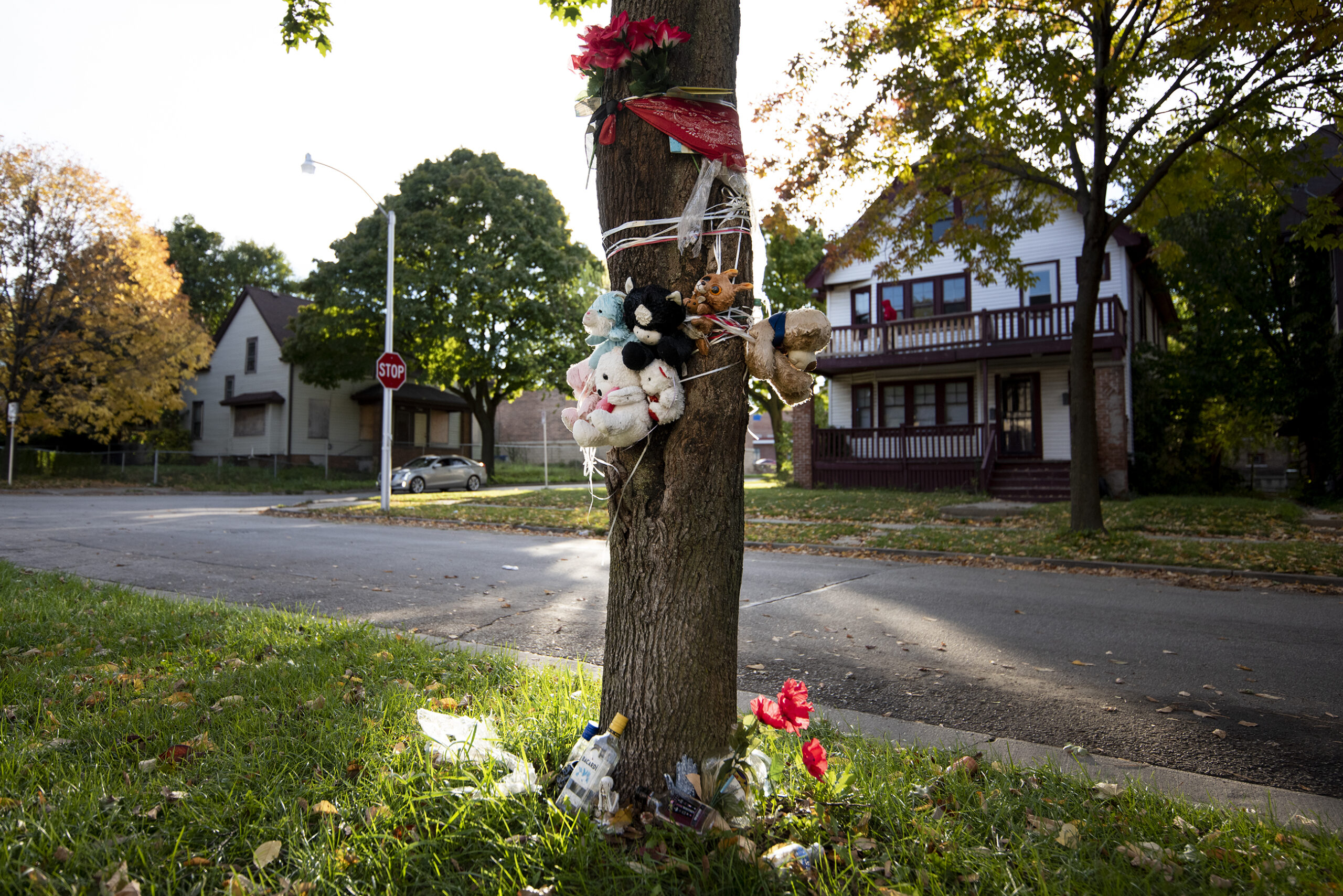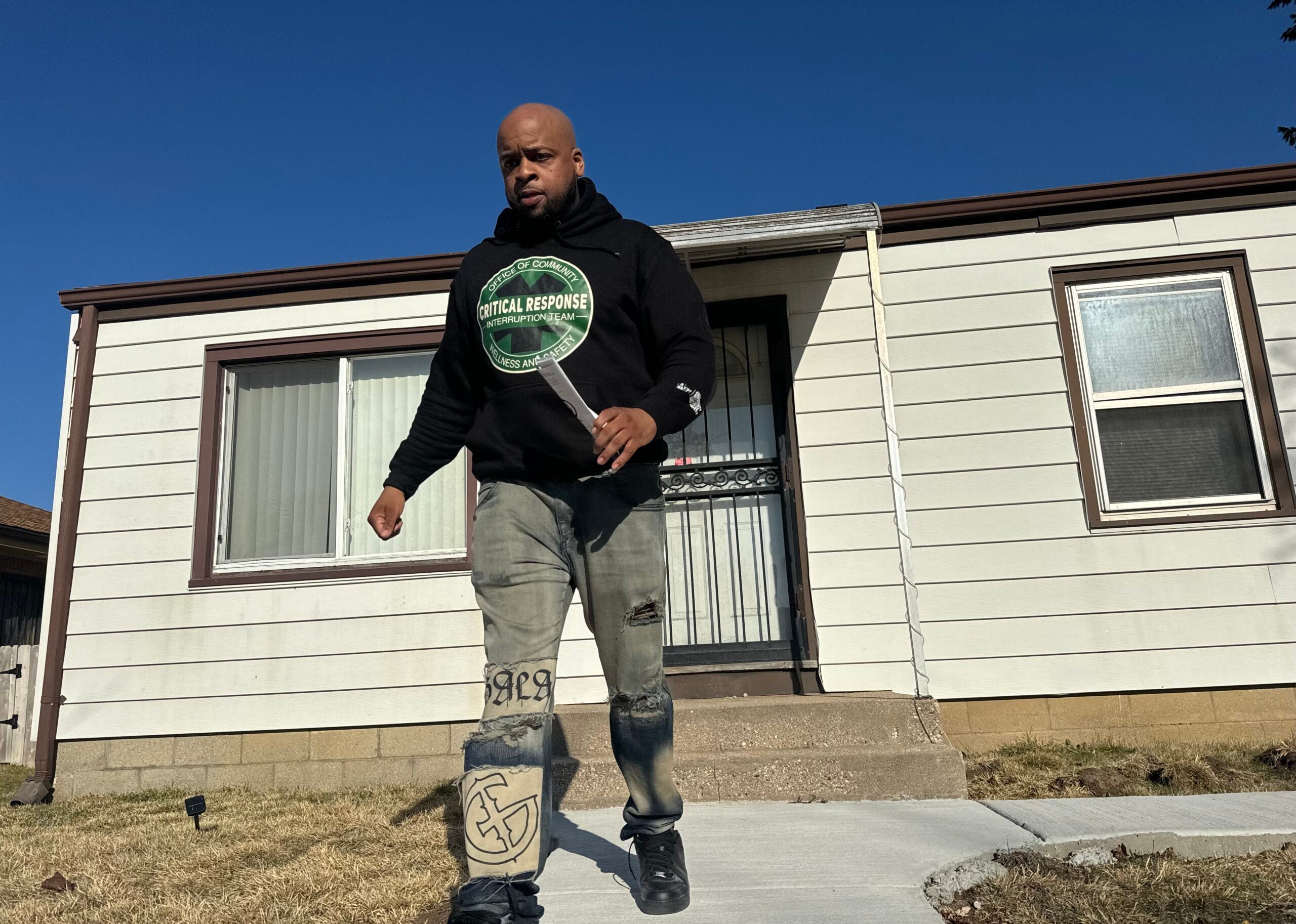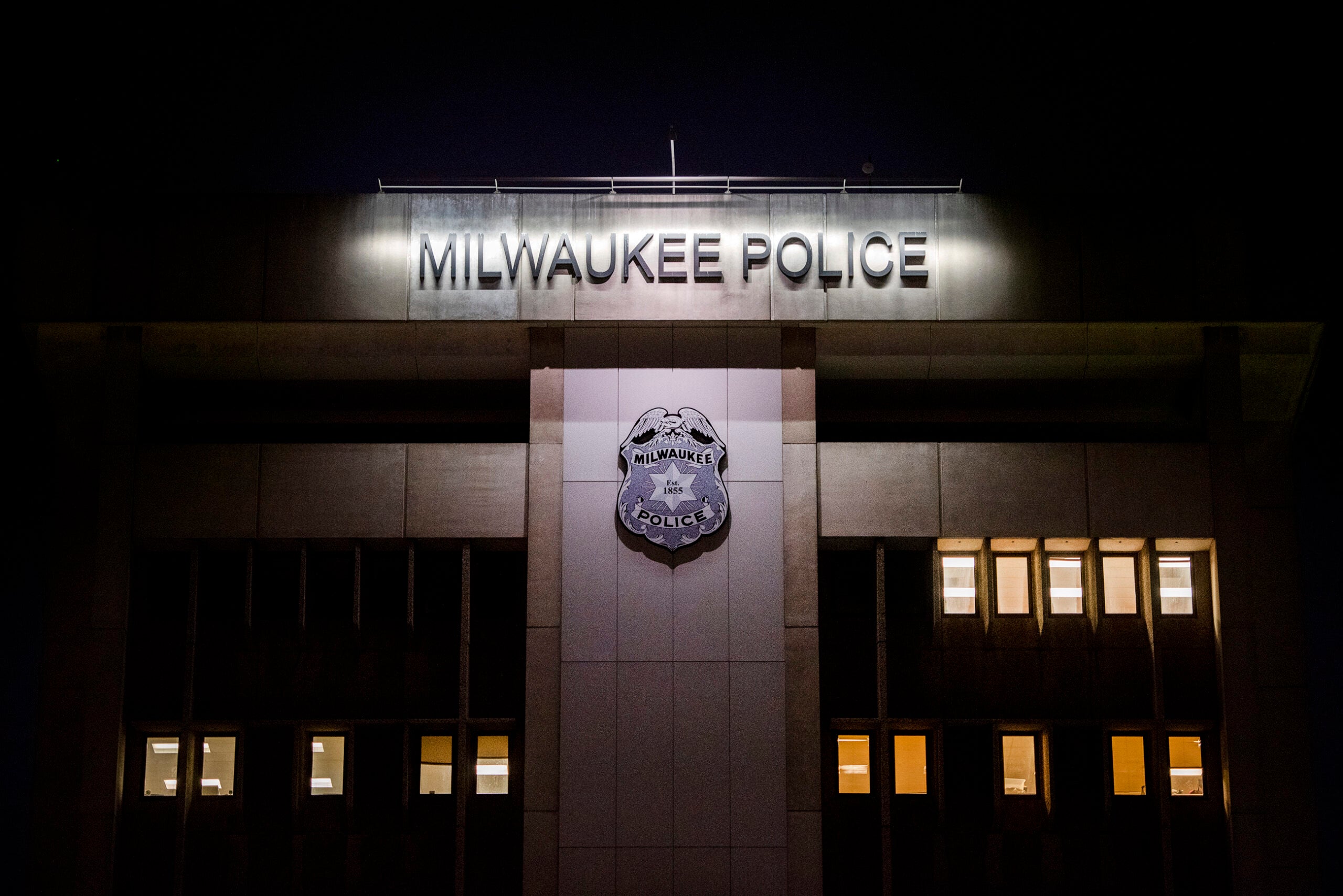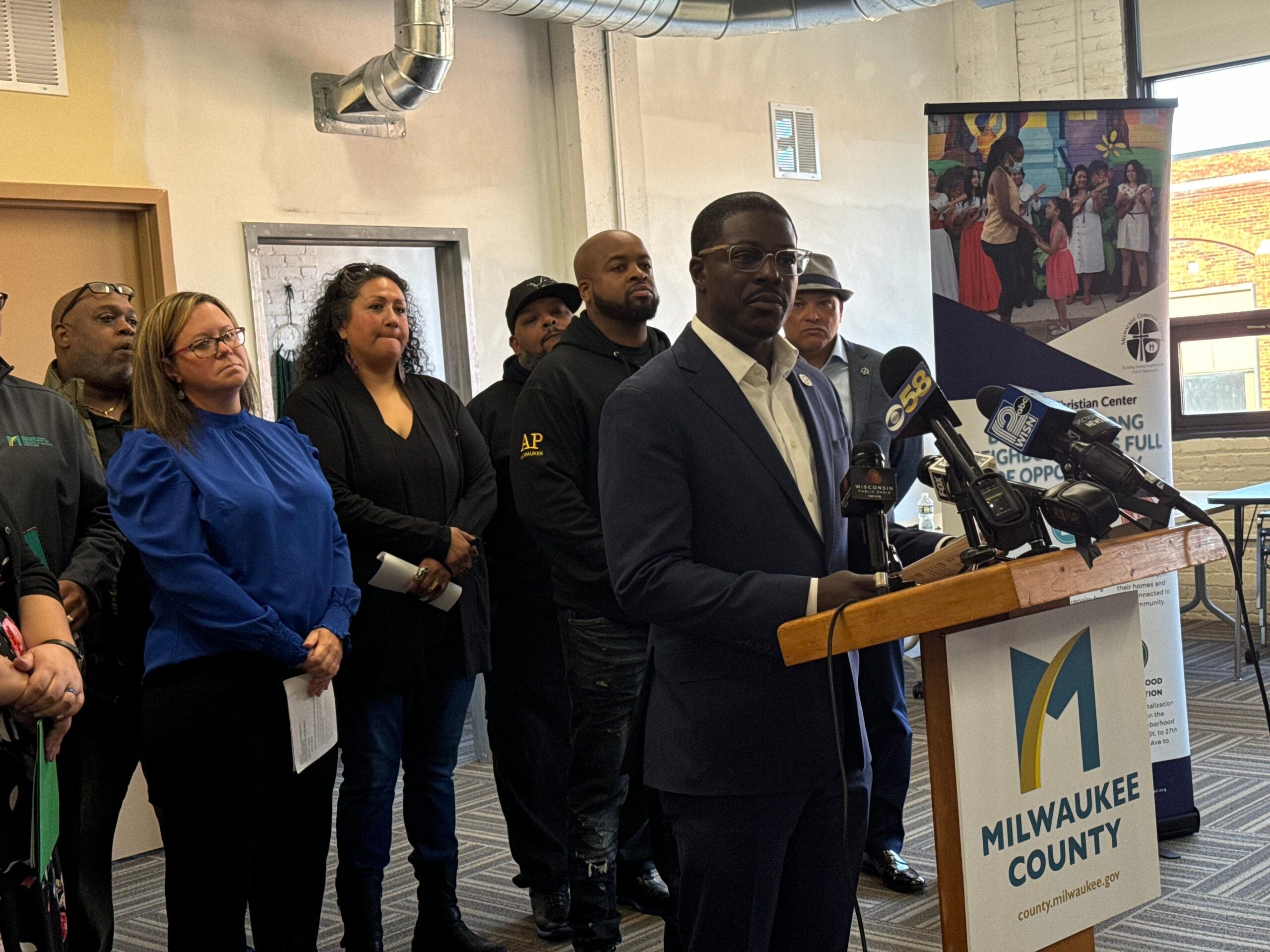Milwaukee saw a dip in homicides for the first time in four years last year, but local leaders say the number of murders the city is experiencing is still far too high.
Homicides declined by 21 percent from 2022 to 2023, according to preliminary crime data from the Milwaukee Police Department. In 2023, there were 169 homicides in Milwaukee, 46 fewer than in 2022.
Nonfatal shootings were also down in 2023, from 876 in 2022 to 838 in 2023 — a decline of 4 percent. It’s possible those figures could change as investigations and autopsies are completed.
Stay informed on the latest news
Sign up for WPR’s email newsletter.
The decline is on track with national trends — homicides are down 12.4 percent in more than 90 cities across the nation this year compared to last, according to data from AH Datalytics. A July report from the Council on Criminal Justice Crime Trends also found the number of homicides in 30 U.S. cities was down 9.4 percent during the first half of 2023 compared to the first half of 2022.
But Carmen Pitre, president of the Sojourner Family Peace Center, said just one homicide or nonfatal shooting has a ripple effect that can spread throughout the community.
“It’s painful,” Pitre said. “These families’ lives are never the same. They’ll never have another holiday, birthday or event where they won’t be missing someone.”
The center also tracks domestic homicides, which it defines as homicides committed by people who live together, have lived together in the past or have a child in common. There were 16 domestic homicides in Milwaukee County in 2018. That number rose to 49 in 2022, but Pitre said there will likely be 37 to 40 domestic homicides in 2023.
“They seem to be trending down,” Pitre said.
Milwaukee broke its homicide record for the third year in a row in 2022, pushing local leaders to urge the community to put the guns down.
“I am very happy that we were able to snap that unfortunate trend that we had been seeing,” Milwaukee Mayor Cavlier Johnson said.
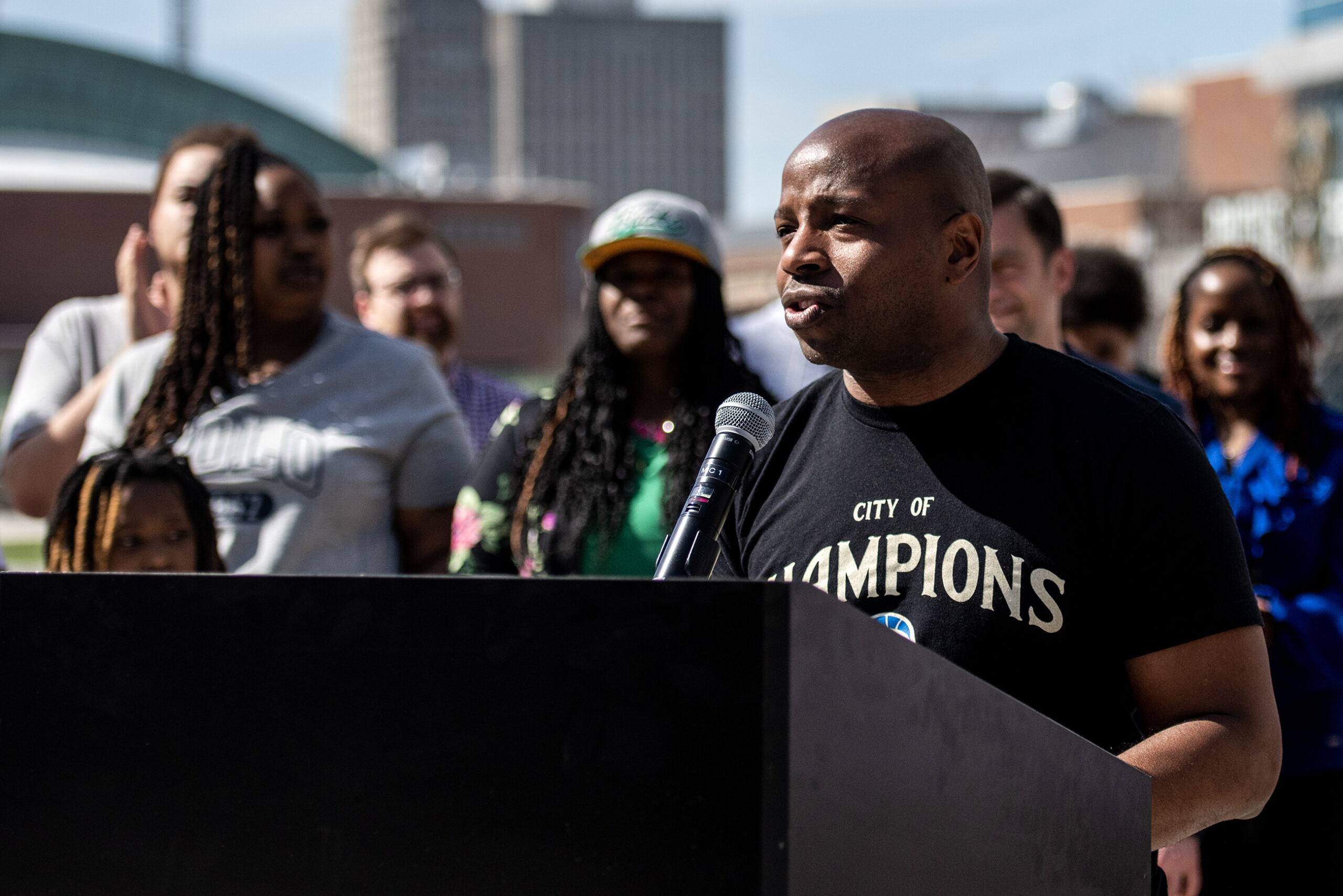
Violence prevention initiatives are making a difference
Last year saw new initiatives from the city to address the increase, including the “Safer City MKE” initiative, aimed at keeping kids off the streets during the summer. That public-private partnership includes incentives for youth who participate in events and programs across the city.
The first Milwaukee Peace Week, which included a neighborhood walk, gun violence summit, faith-based panel discussion and a resource fair, was also held in 2023.
“It’s our intention to keep pushing our message and to keep building relationships to keep pushing those numbers (homicides) down,” Johnson said.
Pitre said she hopes the continued effort can help lead to a downward trend in gun violence.
“I would hope that this next year we figure out how to really go after healing at every level in meaningful ways at every neighborhood in Milwaukee,” she said.
Tracey Dent, a community activist with Peace for Change Alliance, said he wants to see more collaboration between the city, law enforcement and community members.
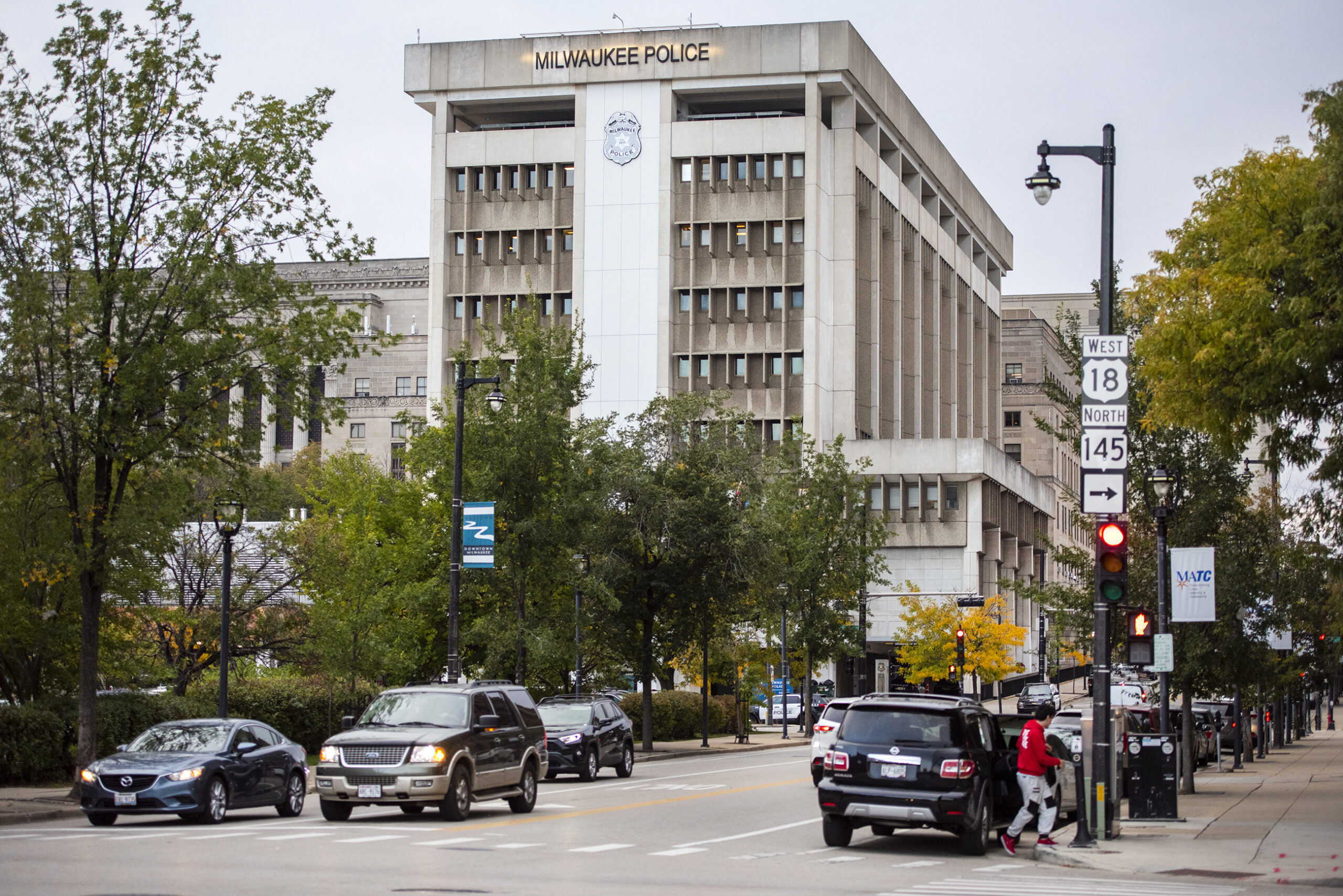
More money for the Milwaukee Police Department in 2024
Meanwhile, the city’s 2024 budget saw an increase in funds for the Milwaukee Police Department. That money will largely be used to increase the sworn force of the department by 15 officers this year.
Dent said he believes that’ll help.
“What I want to see from the police is continuing to reach out to the community,” he said.
According to data from the Wisconsin Department of Justice, there were 97 homicides in Milwaukee five years ago. In 2022, the Milwaukee Police Department investigated 214 homicides — a 120 percent increase over three years.
But the city wasn’t alone in dealing with a spike in violent deaths during the COVID-19 pandemic. The homicide rate across the nation increased 30 percent between 2019 and 2020, according to a report from the Pew Research Center. According to a national study last year, Milwaukee had the fifth-highest homicide rate increase in the country since 2020.
Law enforcement experts have pointed to the impact of the COVID-19 pandemic and the increasing number of guns on the street as possible reasons for the spike.
The city also has an office dedicated to decreasing violence across the community, known as the Office of Community Wellness and Safety, formerly the Office of Violence Prevention.
Ashanti Hamilton, director of the Office of Community Wellness and Safety, said he believes Milwaukee is moving faster than national trends when it comes to the drop in homicides. He wants the city to continue that work into 2024.
“It also should be motivating to the large number of partners who have been involved in an attempt to correct some of this behavior that we’re seeing in the city,” Hamilton said.
Wisconsin Public Radio, © Copyright 2025, Board of Regents of the University of Wisconsin System and Wisconsin Educational Communications Board.
